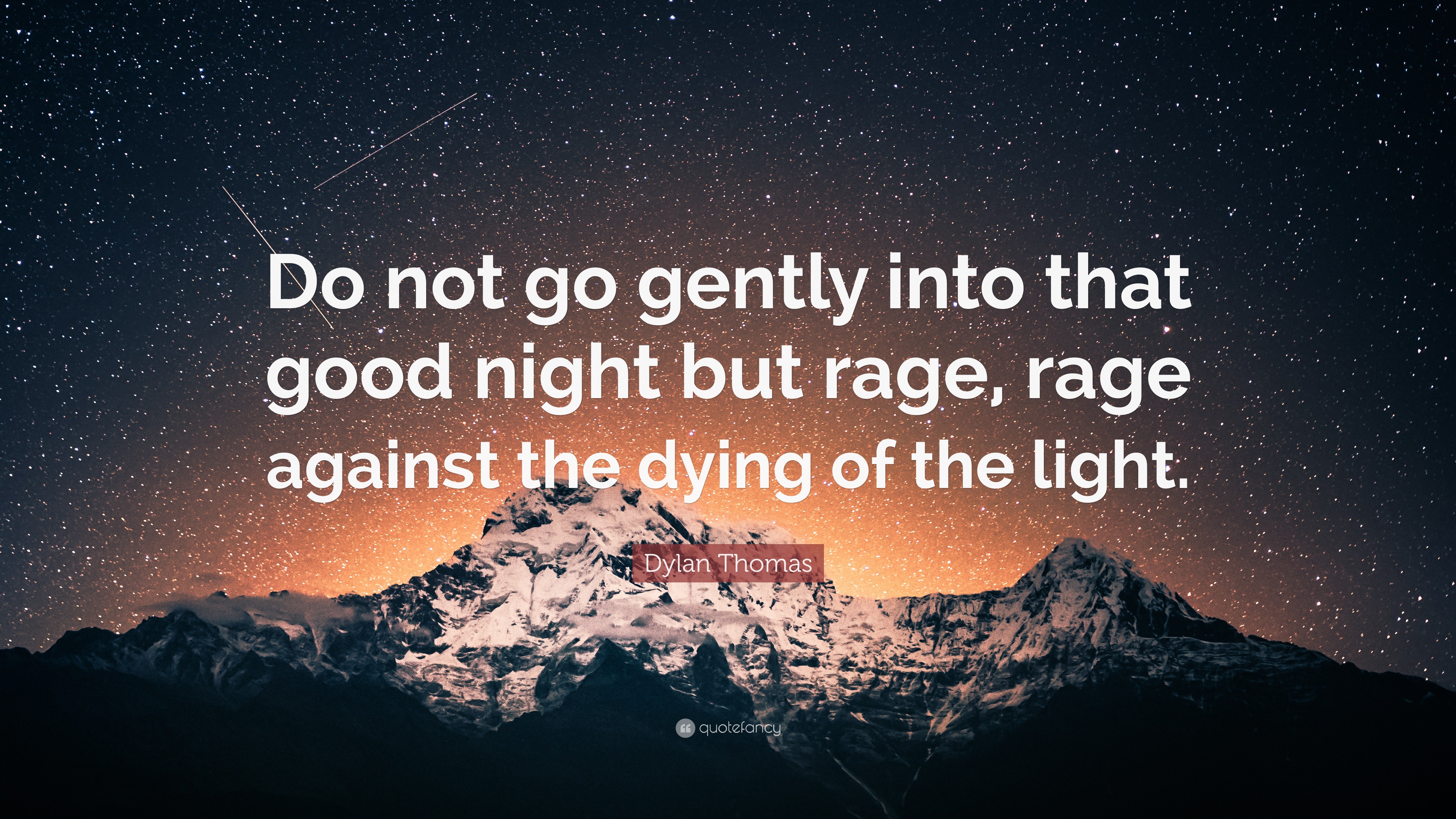

Thomas encourages his father to resist death by providing examples of four different types of men who “rage” against this inevitable end. In the phrases “the close of day” and “the dying of the light”, Thomas shows us the extinguishing of the sun’s light and the approach of darkness as a metaphor for death, in that it is both natural and inevitable. Thomas refuses this concession because the subject is his father, and he cannot bear to see his once strong parent as impotent and shriveling in his final months.Īt the end of the first stanza he urges his father to “Rage, rage against the dying of the light”, again choosing a word (“rage”) that evokes an image of furious, even violent intensity. Thomas knows that death is unavoidable, even “good”, but he does not concede that meekness must precede it. The son is seeing his father slowly wither before him, and he mourns the loss of vibrancy in the old man. Yet for the author, this seemingly senseless display is preferable to docile submission to the “close of day”.

The choice of the words “burn” and “rave” suggest an uncontrolled, irrational response to imminent death, the incoherent expenditure of useless energy directed at a hopeless goal. The poet begins by proposing that the elderly should not easily accept their demise (“go gentle”), that they should fight it with vigor and intensity (“Old age should burn and rave at the close of day”). The two lines repeated in this work are “Rage, rage against the dying of the light” and “Do not go gentle into that good night.” A villanelles uses only two rhymes, while repeating two lines throughout the poem, which then appear together at the conclusion of the last stanza. A villanelles is 19 lines long, consisting of five stanzas of three lines each and concluding with a four line stanza.

This poem is one of the most famous villanelles every written in the English language. the onset of night, or as it is used here, death.

He urges his father to “Rage, rage against the dying of the light,” i.e. In “Do Not Go Gentle Into That Good Night,” poet Dylan Thomas uses nighttime as a metaphor for death, and anguishes over his father’s willing acceptance of it. On "Do Not Go Gentle Into That Good Night"


 0 kommentar(er)
0 kommentar(er)
